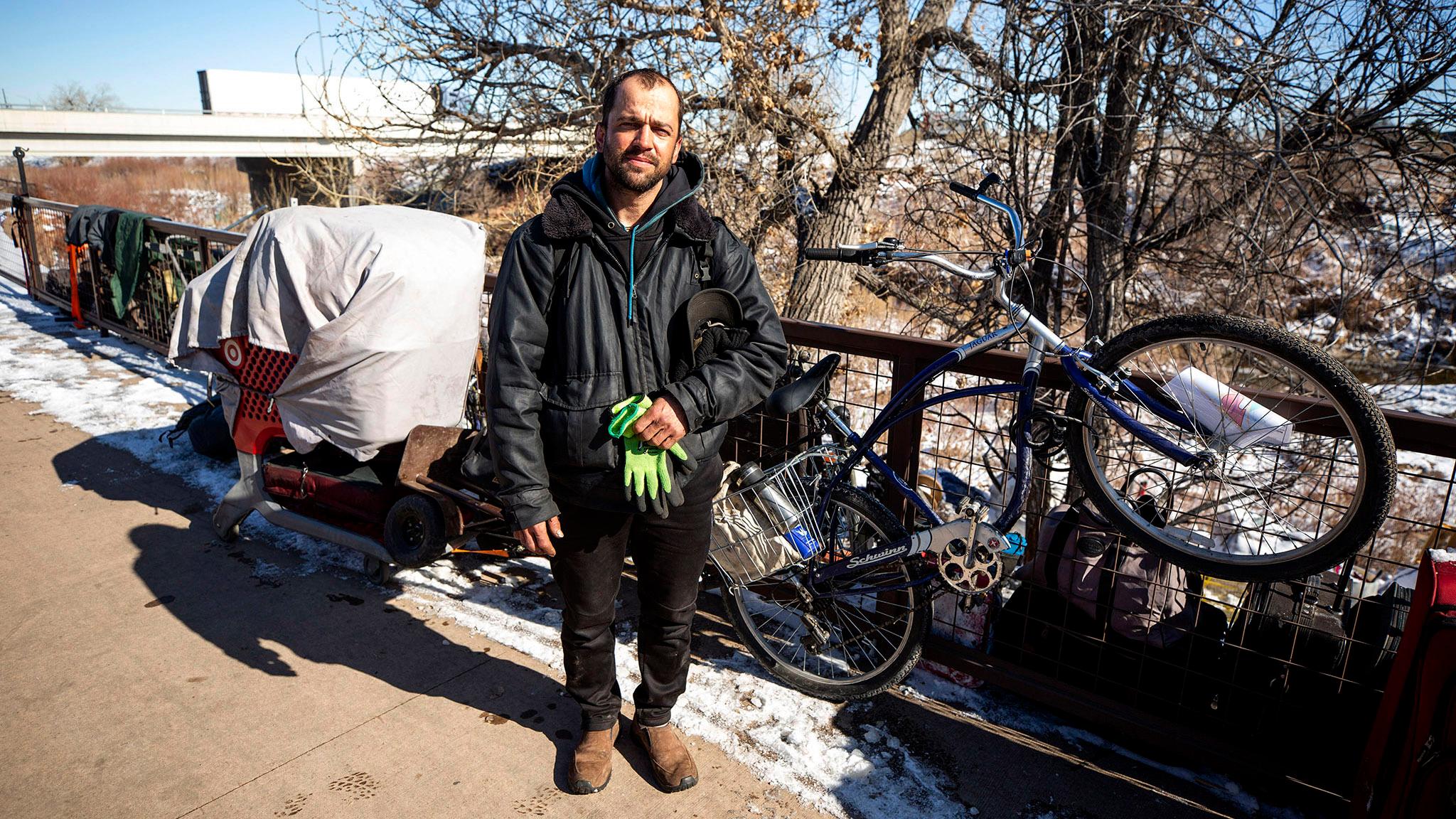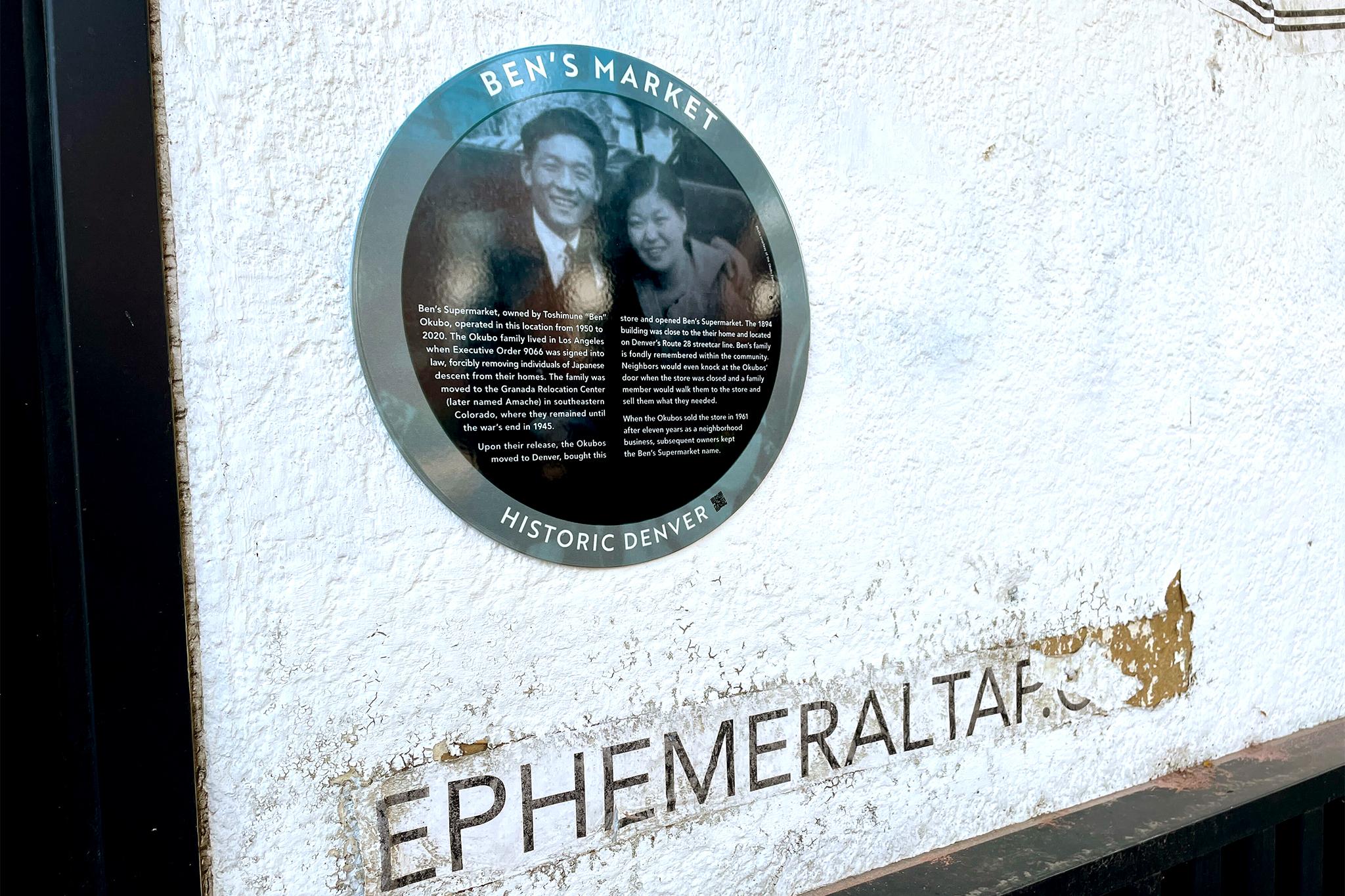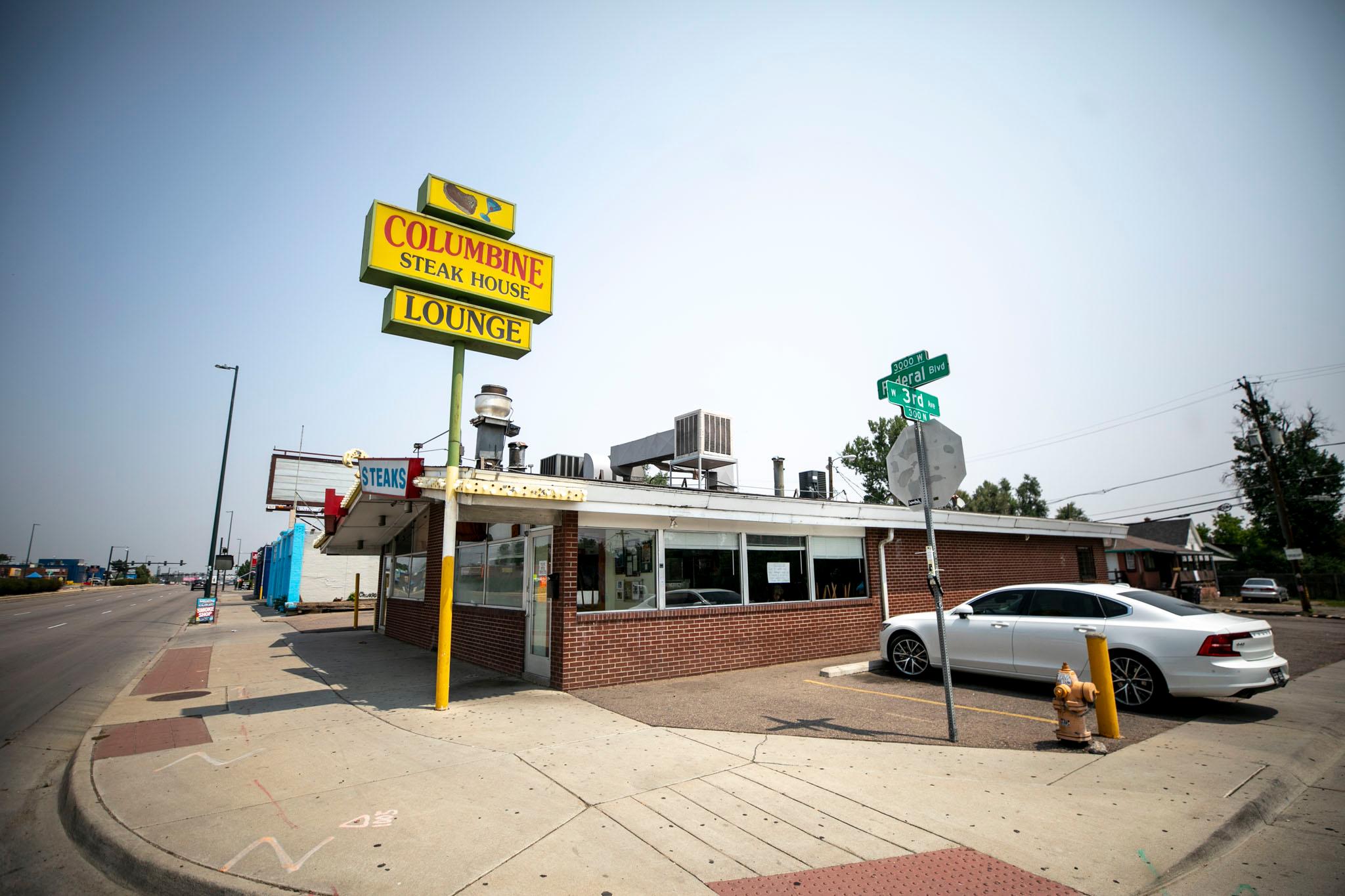When city officials closed off stretches along and near Sand Creek in northeast Denver this week to clean up debris, food, and human and animal waste, a top concern was the health and safety of people who have made the area home with tents and other forms of shelter.
But the temporary and indefinite shutdown left people experiencing homelessness searching for new places to live, stressing their mental and physical health in a week of snow and freezing temperatures.
"When it started snowing, they're like, 'You have three days to get out,'" Isaac Finley, who had been sleeping under a bridge over the creek near Sand Creek Drive and 49th Avenue, said Wednesday, the day of the closure.
Finley had pushed his belongings, including a bicycle and several tents, 50 yards along the bike path from where he had been sleeping for several months. He said he was not sure where he would settle.
Finley has been experiencing homelessness for more than two years in Colorado since arriving from Texas after friends here told him he could get work as a mechanic, he said. He's been working, but not earning enough to afford housing. He had lived in his car until it was towed from a store's parking lot while he was at work.
Ann Cecchine-Williams, deputy executive director of Denver's Department of Public Health and Environment, said taking action this week "was a very difficult decision for our team to make."
In an announcement Wednesday, her department said it was acting because of "public and environmental health risks due to unsafe conditions associated with litter, human waste and other biohazards."
Cecchine-Williams said that those most affected were people living along the creek.
"That is the main concern," she said.
"It's not safe or humane to live in these kinds of conditions," she said. "We're worried about people getting hurt."
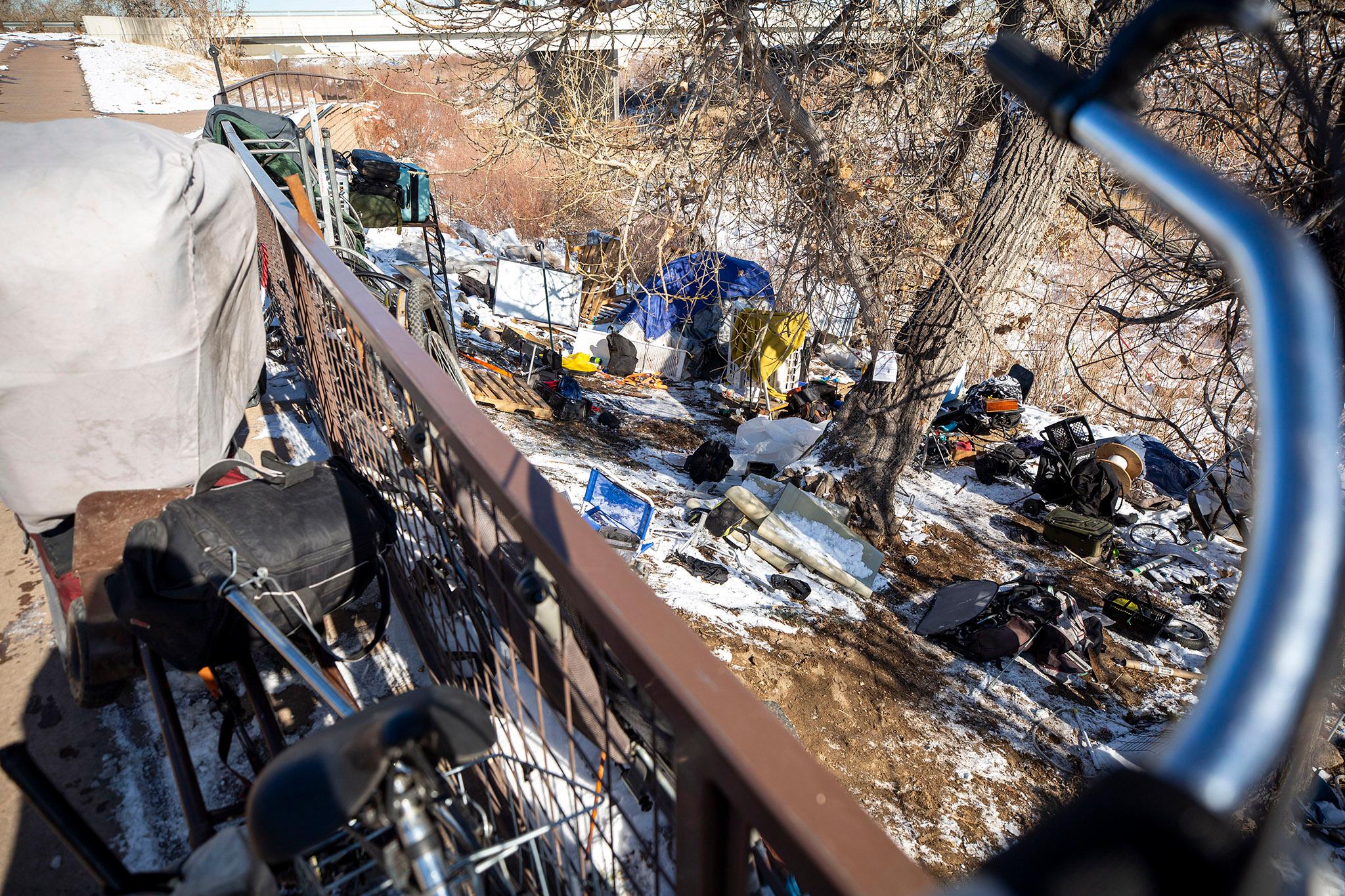
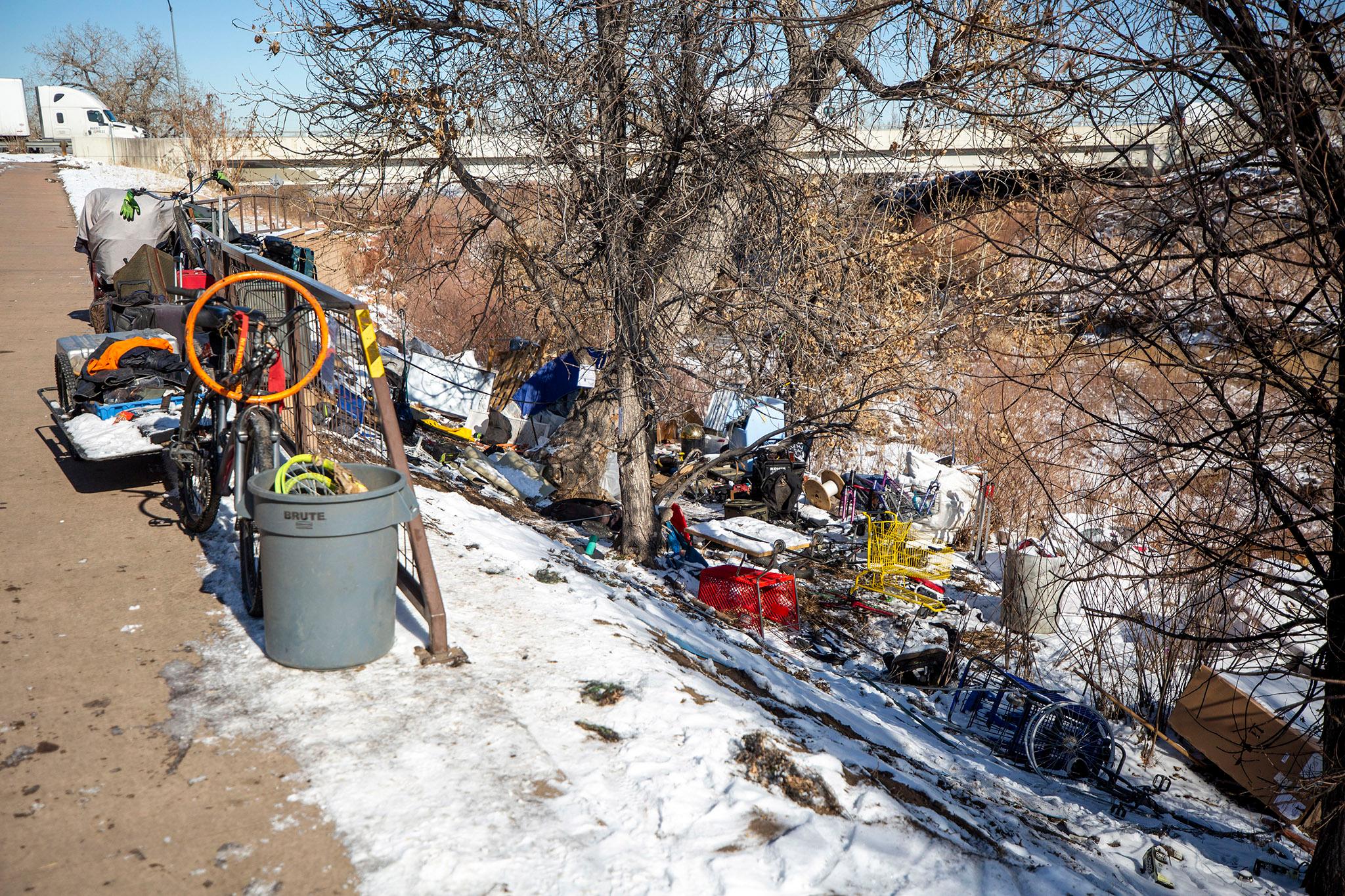
Cecchine-Williams, of the Department of Public Health and Environment, added that people who use the bike path were also at risk. They can continue commuting along it, but cannot stray off during the closure.
A notice about the closure was posted on the website of Sand Creek Regional Greenway Partnership.
The nonprofit helped establish the recreational corridor along the creek linking the High Line Canal in Aurora with the South Platte River Greenway in Commerce City.
"Our organization supports the efforts of the city and county of Denver, as they are the owner of the land and in the best position to assess and address the need for cleanup," Beth Nobles, executive director of the partnership, stated in an email.
Cecchine-Williams, of Denver's Department of Public Health and Environment, said campers were contacted before Wednesday and urged to "go inside and let us help you."
"We have a lot of services to offer, we have a lot of outreach," she said.
Finley said he was unwilling to leave the area near the Sapp Bros. truck stop and enter a shelter because he was searching for his lost dog, a Chihuahua-Terrier mix he described as his closest friend.
Further along the bike path, Denver-native Floyd Stolin surveyed the basketball court-size compound of tents and tarps where he and his wife Katrina had been living.
Closure notices were posted around the camp. Stolin said he and his wife could live safely along the creek -- they keep their site clean and, in exchange for meals, even pick up trash around nearby motels.
"She was a Girl Scout. I was a Boy Scout," he said.
But he acknowledged that the state of other camps could affect their health. He estimated three dozen people were camping within a mile of his site.
The Stolins have been experiencing homelessness since being evicted from a Commerce City apartment two years ago. Stolin said their landlord wanted them out because of repeated visits to their apartment by police that he said stemmed from trouble involving his step-daughter's boyfriend. Their eviction record has made it hard to find other housing, he said. Their limited income -- his wife's disability benefits of less than $600 a month -- was another challenge to finding housing.
Stolin said he and his wife had had several camps along the creek, starting in Commerce City and moving every few months when they felt unwelcome. Relocating takes time, both because of the number of possessions and because his wife, who suffered a spinal injury in a car crash as a teenager, could not help much.
And a decision had to be made before he starting packing.
"That's what our biggest question now is, 'Where to go to?'" Stolin said.
Stolin said a police officer had suggested in the days before the closure that they could go to Texas, where his mother lives. He was told he could get transportation assistance if his mother would confirm she would house him.
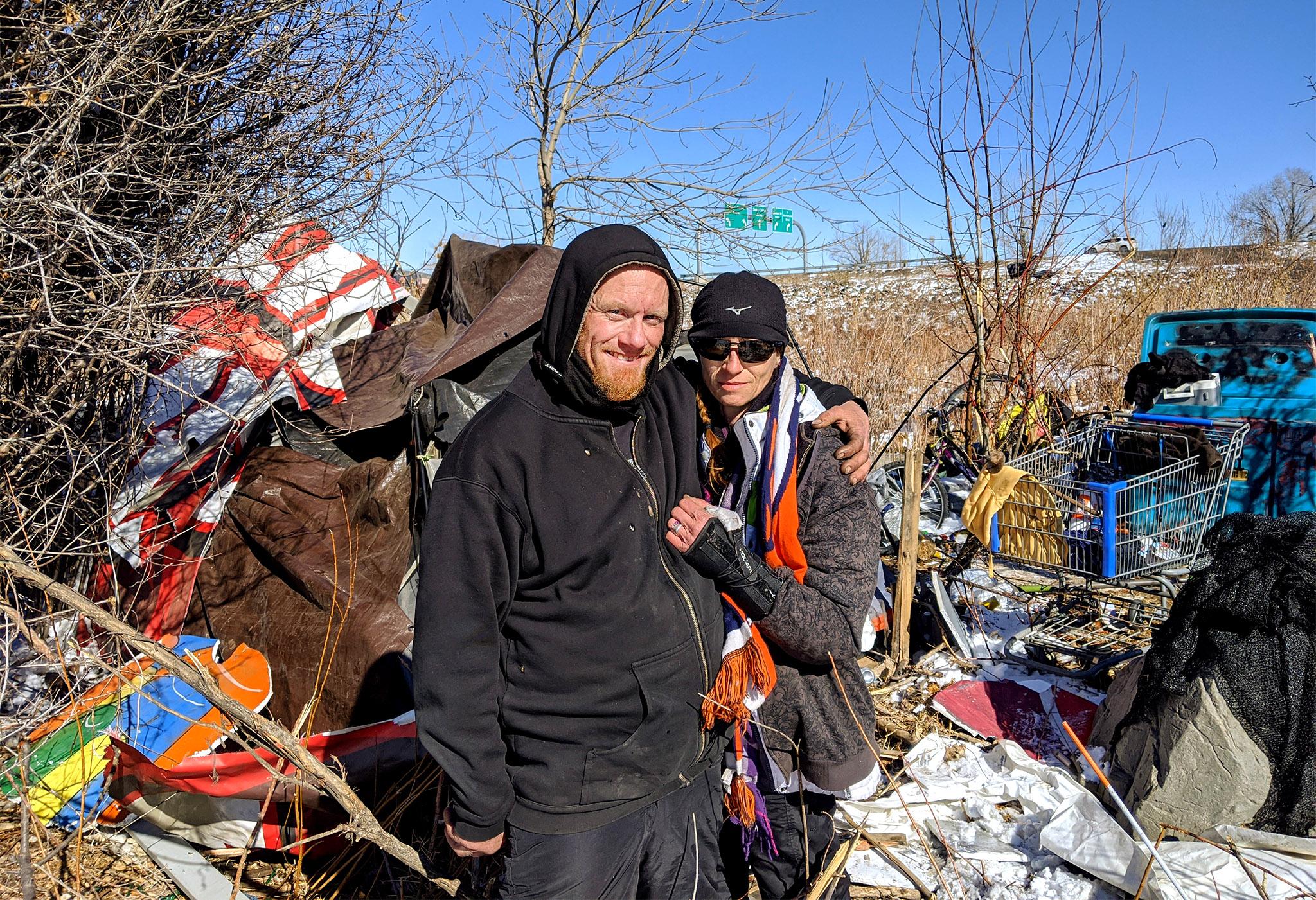
Denver Police spokesman Jay Casillas said officers were supporting the public health department along Sand Creek.
Casillas added in an email that officers "provide support by helping people experiencing homelessness find resources they may need. One of those resources sometimes is helping people find a way back to family that is out of state."
Casillas said in such cases people are referred to a family reunification program run by the Mental Health Center of Denver.
Derek Woodbury, a spokesman for the city"s housing department, said outreach workers from nonprofit homelessness service providers had made the area a priority before Denver Public Health and Environment posted closure notices.
"Outreach workers were informed in advance of these actions and have made plans for follow-up with persons encamped in the area," Woodbury said.
While the area is closed, the Colorado Department of Transportation will be in charge of the cleanup and Denver Public Health and Environment will oversee it, the health department said in a statement. The statement noted that the city offers free storage for up to 60 days should anyone present during the cleanup want to store personal possessions that do not pose a hazard.
Last month, the Department of Public Health and Environment temporarily closed off Lincoln Memorial Park, located between the Capitol and Civic Center Park, citing concerns about rats. People experiencing homelessness had erected tents in the area during the two weeks that Denver police suspended enforcement of the city's camping ban following a Dec. 27 county judge ruling that the ban amounted to unconstitutionally cruel and unusual punishment because the city's shelter system was inadequate.
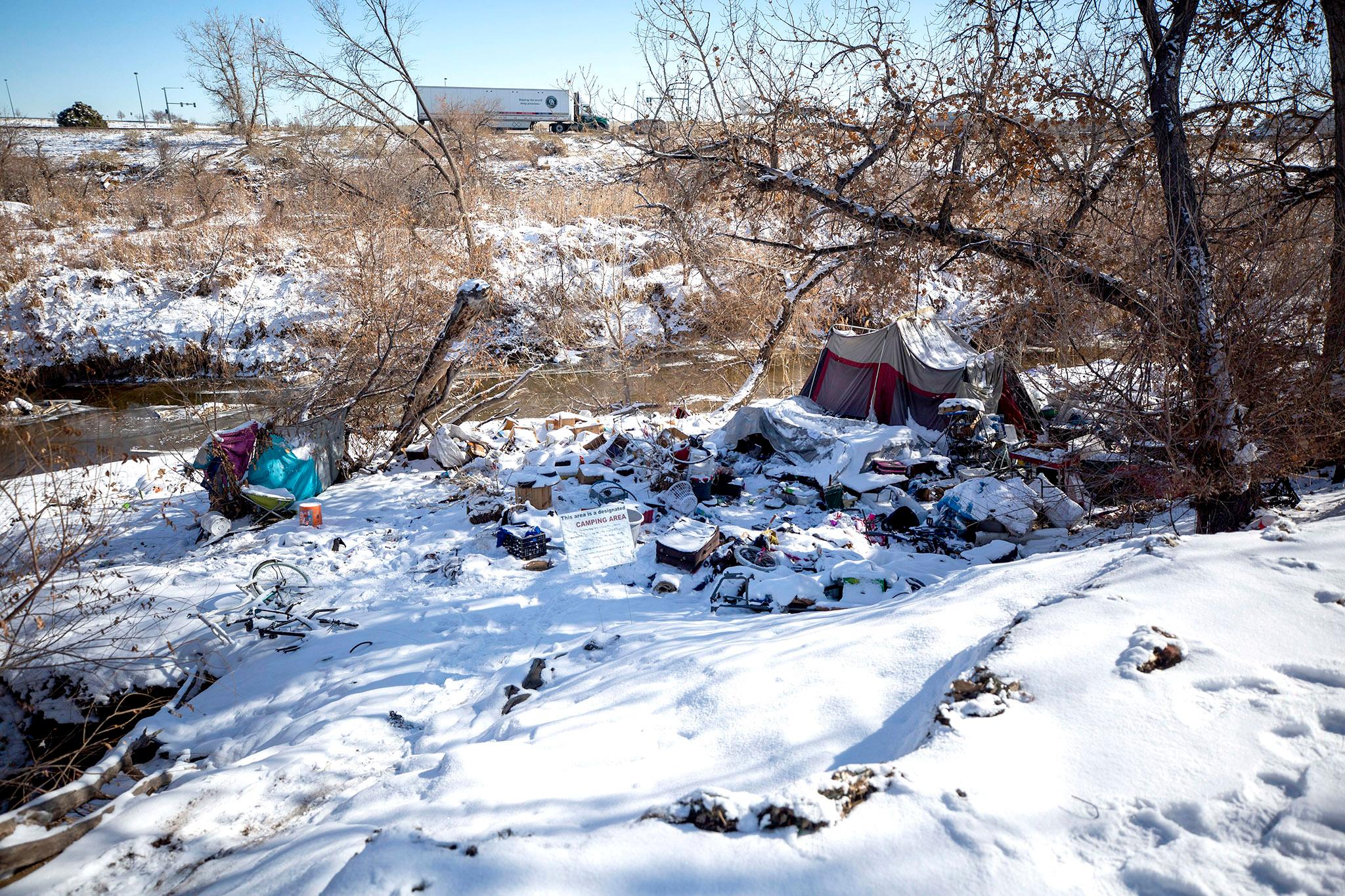
The city, which argues its shelter system meets emergency needs, has appealed the judge's ruling and determined that the ban can be enforced pending what is likely to be a lengthy appeal process. The ban stipulates that police should prioritize getting people to comply simply by asking, and trying to get help for those who need it.
Camping along the Sand Creek, which unlike Civic Center is out of the general public's eye, has long taken place despite the camping ban.
Department of Public Health and Environment actions to protect health and safety are not governed by the camping ban, nor by a lawsuit settlement spelling out how Denver's Department of Transportation and Infrastructure handles regular maintenance of the city's rights of way.
Health officials have said the efforts of their transportation and infrastructure colleagues mean it is rarely necessary for them to intervene as they did along Sand Creek this week and in Civic Center last month. The two most recent closures were among a total of four in the last year and a half, Cecchine-Williams of the health department said.
It's unclear when Lincoln Park or Sand Creek will reopen, Cecchine-Williams said Thursday. She also could not predict when her department might have to take similar steps elsewhere.
"It really depends on what we're seeing and the community feedback we get," she said.
Such closures, she said, "are a burden on people, and we don't take that lightly."
"Our hope is that we don't have to do more of these."

